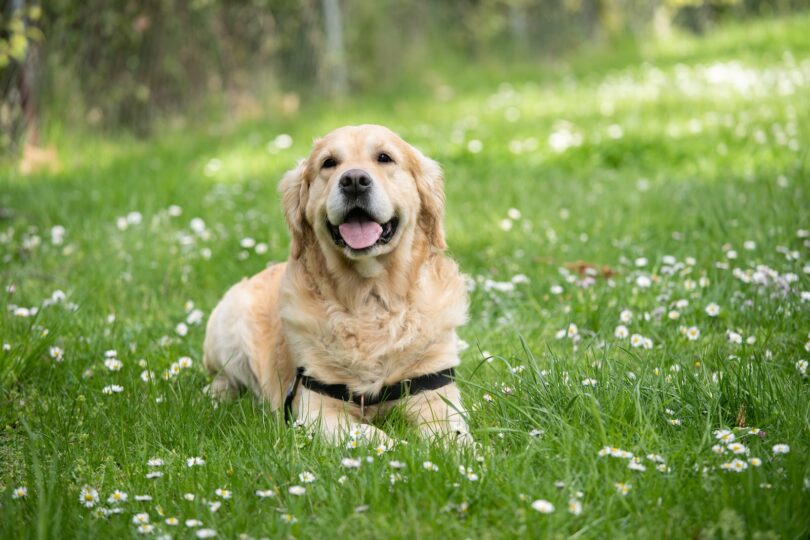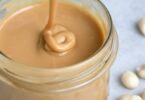Whether you invest in the finest quality cat food or gourmet treats for your pet It’s not unusual for pet owners to spot their cat chomping at grass while they’re free to play in the open air.
Although it’s not the best option for food for your cat (and frequently, it causes vomiting after eating) grass isn’t anything that can be poisonous for cats. It could even offer positive effects on their health as well!
Here are a few possible explanations why a juicy blade of green, fresh grass might soon become your cat’s favorite daily food and the indicators of unhealthy health issues to watch out for:
Grass is a laxative that can be used by cats.
A well-known feline behavior is licking and, depending upon the amount of hair that your cat develops excessive hair could be consumed and hinder the digestive tract of your cat, creating irritation and constipation.
Your cat could be eating grass because it is a natural laxative that aids digestion. It also promotes vomiting, which your cat might be using to self-medicate if they ingest inedible objects like feathers or bones from their food sources.
It has nutritional value.
While grass isn’t recommended by vets as a routine food item for felines, however, it can offer nutritional advantages.
Folic acid is a prominent component of grass plants. It is an important vitamin that permits cats to make hemoglobin, the iron-rich protein that circulates around the body to supply oxygen to the tissues. This kind of nutrient is also present in their mother’s milk.
Chlorophyll, as well as vitamins A and D, are also present in grass leaves. These could help improve the immune system of your cat and make them less prone to infection and disease.
It’s tasty!
In addition to offering cats additional nutrients, The taste could be the primary attraction to your furry friend.
Between meals, cats have been observed to enjoy a graze on grass. If it’s stimulating to their taste buds or just an appetite to keep to throughout the afternoon the grass’s taste has been a huge hit!
Are cats at risk to take grass for a meal?
Although grass-eating isn’t a risk for cats, eating plants that have been treated chemically or fertilized may cause harm. Monitoring your cat is best accomplished when they’re in close proximity, however, cats that love to run around can be more difficult to control!
Overgrazing can also signal an illness that affects the digestive system of your cat. Continuously monitoring the diet of your cat is the most effective way to detect any irregularities and if you’re worried about the quality of the grass that your cat is eating you ought to speak with your veterinarian.
Whatever your cat is more comfortable in either outdoor or indoor grazing it’s crucial to ensure that the plants your cat eats aren’t harmful.









Leave a Comment